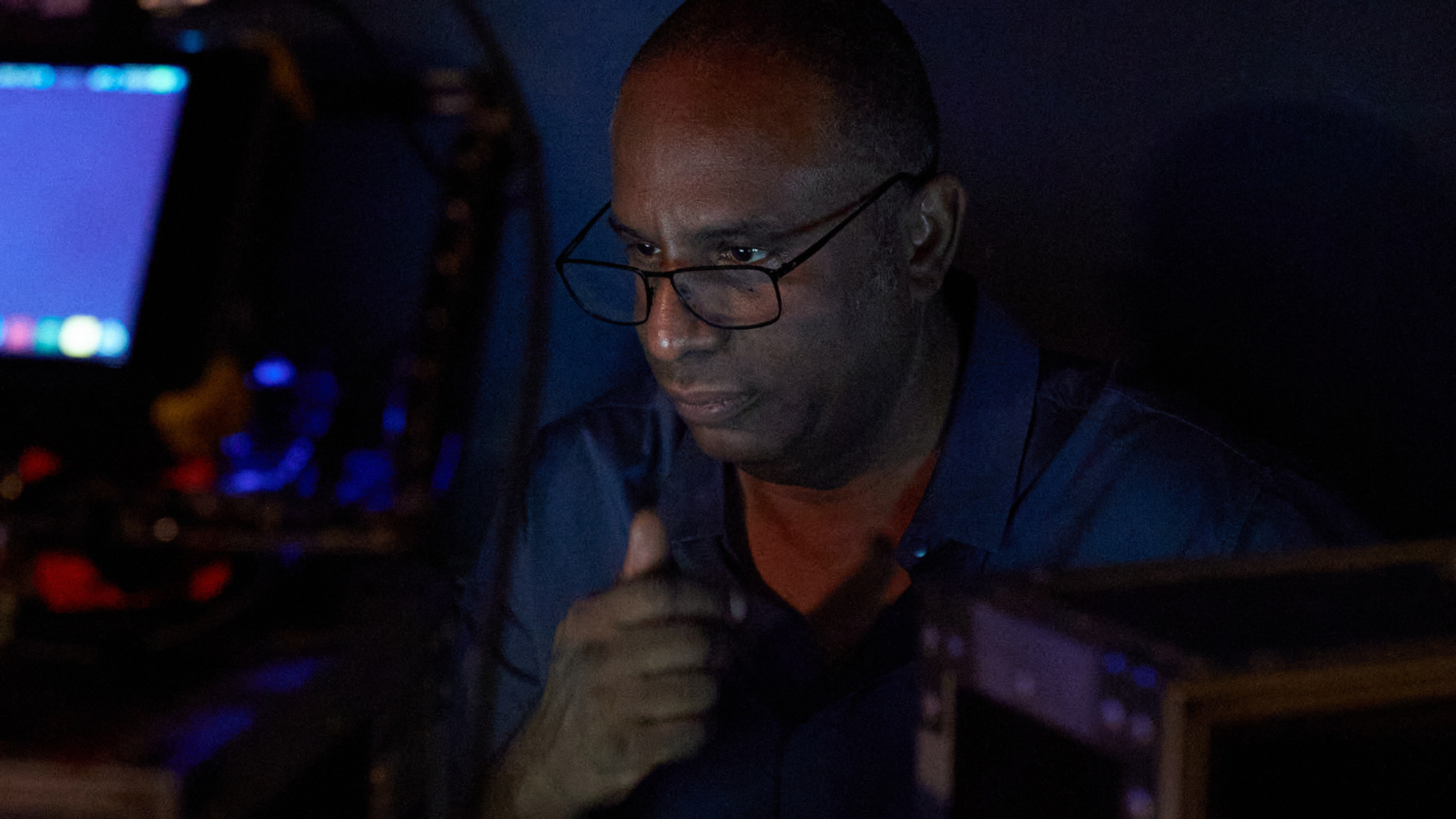2022
The Vancouver-based artist will represent Canada at the 59th Venice Biennale. Stan Douglas is recognized as one of the country’s most acclaimed contemporary artists whose multidisciplinary works, including films, photographs, and, more recently, theater productions, often reflect on the dynamic potential embedded in pivotal historical moments. The exhibition unfolds across two venues in Venice, a first for Canada’s presentation at the Biennale Arte. Four large-scale photographs will be shown in the Canada Pavilion in the Giardini, and a major new two-channel video installation will be presented in the Magazzini del Sale No. 5, a sixteenth-century salt warehouse on Dorsoduro. Stan Douglas: 2011 ≠ 1848 is inspired by the tenth anniversary of 2011, a year that saw significant social and political unrest around the globe including the Arab Spring in North Africa and the Middle East, the Occupy protests that began in New York, the widespread unrest in the UK in response to austerity measures, as well as a riot in the artist’s hometown of Vancouver following a hockey final. Douglas’s exhibition draws a comparison between the events of 2011 and those of 1848, a year in which continent-wide upheaval found European middle and working classes allied in a fight against a lack of democratic freedoms, restrictions on the press, and the continued dominance of an aristocratic elite. Revolt in 1848 was continental, as news spread by print media, but revolt in 2011 was global, with news spread virally by way of electronic media. Across Europe and North America the events of 2011 were simply policed and ignored. In North Africa and the Middle East they were suppressed or subverted, with a few notable exceptions. The works explore the events of 2011 as unconscious reactions to the economic and political status quo which followed the recession of 2008, and examine the ways in which social media fueled movements for change. Stan Douglas: 2011 ≠ 1848 is curated by Reid Shier and accompanied by a fully illustrated catalogue with texts by Erika Balsom, Ma’an Abu Taleb, George E. Lewis and Samir Gandesha. La Biennale di Venezia is the largest and most prestigious contemporary art exhibition in the world with more than 80 countries participating. For more than 60 years, the Canada Pavilion, situated in the Giardini in Venice, has featured the work of the most accomplished Canadian artists, curated by the country’s most renowned curators. Douglas’s work has previously featured in the Venice Biennale in 1990, 2001, 2005, and 2019. The 59th Biennale di Venezia takes place from April 23 to November 27, 2022. Learn more from the National Gallery of Canada.
